With so many options for fuel at the gas pump, it's probably no surprise that there can be an occasional mix-up when refueling your car. But will it create a problem if you mix them? We researched the various types of automotive fuel from multiple professional sources so that you'll know for sure what this will mean.
You can safely mix ethanol and non-ethanol gasoline in your vehicle's fuel tank. Regular gasoline and ethanol are compatible and mixing the two will not harm your engine. However, your engine will always run better on the type of fuel it was engineered to burn.
Now that we know that ethanol and non-ethanol gasoline can be harmlessly mixed in your car, we'll look at the differences between the two fuel types. You might also be wondering if you can mix ethanol and non-ethanol gas in a lawn mower, or if ethanol will clog your fuel injectors. For the answers to these questions, read ahead in this post to see what our research has uncovered.
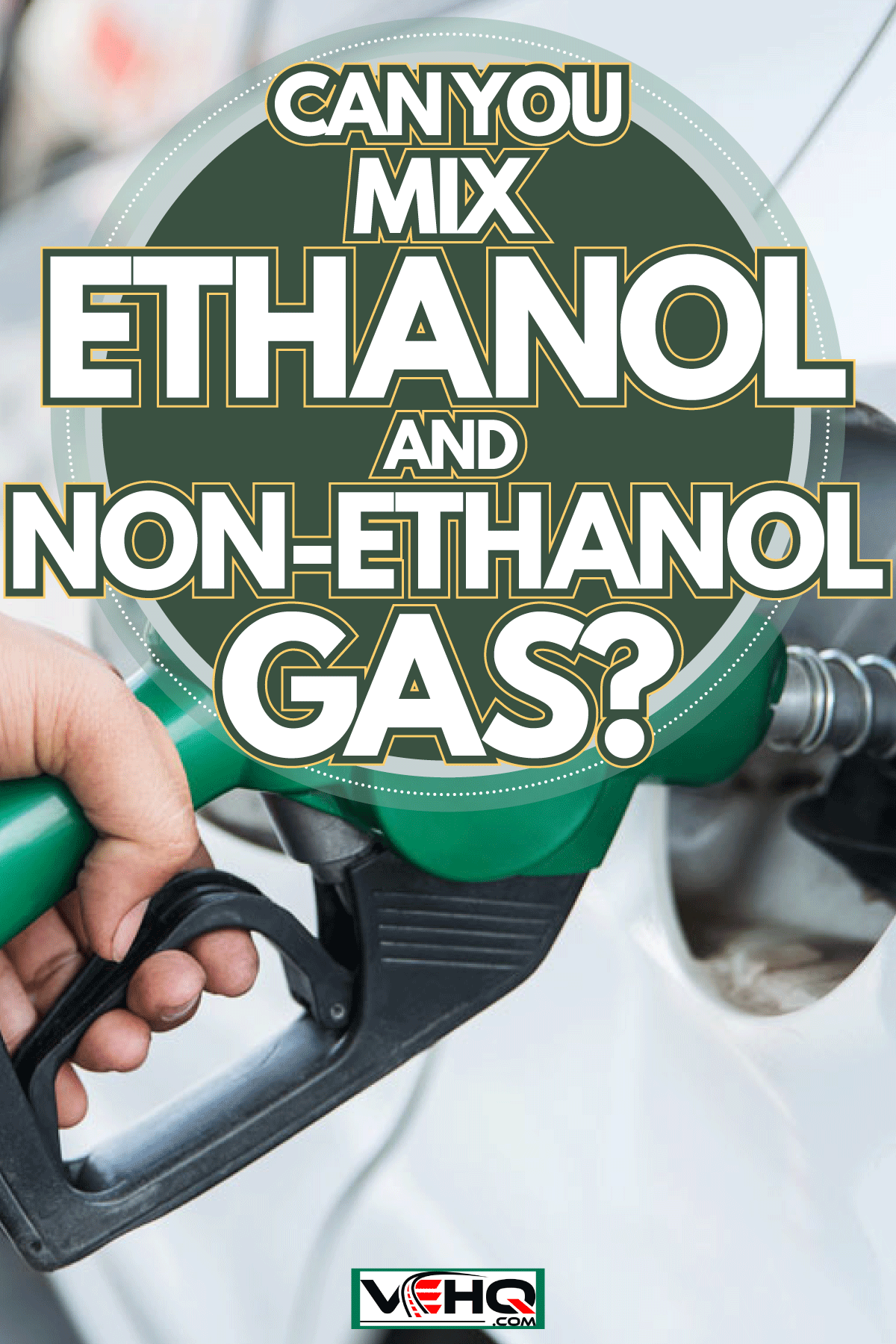
What is the difference between ethanol and non-ethanol gas?
Most "regular" gasoline will have a bit of ethanol already blended into its formula. It's common for this fuel type to have up to 10% ethanol, so accidentally adding more ethanol to it at the pump isn't going to do any immediate harm.
But there are differences between these two types of fuel. Here, we'll break down those differences, so you'll know what you're about to put into your tank.
There is a difference in the emissions
There has been a push in recent years for a higher concentration of ethanol in gasoline. Ethanol burns cleaner than traditional gas and results in fewer carbon emissions.
Regular gasoline, though better in some regards, is considered a more harmful fuel to the environment.
One of them will cause corrosion
Ethanol contains some corrosive elements, which will begin to eat away at certain parts of your fuel system. The higher the concentration of ethanol, the more corrosive the fuel.
Standard gasoline will not corrode any part of the fuel system. As advances in automotive fuels develop, there is hope that fuel systems will be less susceptible to the corrosiveness of ethanol and ethanol-blended fuels.
One has a longer shelf-life
Ethanol has a stable shelf life of about three months. This compares to the higher durability of traditional gasoline, which sets at about six months.
The fuel economy will be different
You will find that traditional fuel works to boost your vehicle's fuel economy. This fuel is specially formulated for internal combustion engines. This will help them achieve peak performance.
Ethanol, on the other hand, will work to reduce your vehicle's overall fuel economy. Studies show that ethanol will lower the miles per gallon by as much as three percent.
One fuel type is more expensive than the other
Traditional fuel is going to cost you more at the pump. This gasoline is more expensive to produce. Manufacturers spend even more money using specialized transportation of the finished product.
Ethanol is a lot less expensive to produce. This fuel doesn't require any specialized shipping after production, which helps to lower the overall cost of this product.
Can you mix ethanol and non-ethanol lawn mower gas?
Since it's safe to blend ethanol and non-ethanol fuels into your vehicle's engine, you might be thinking that it's safe to do so in your lawn mower. This is, in fact, not a good idea.
Ethanol will retain moisture over time. A large and powerful engine under the hood of your car can handle a bit of this. But small gasoline engines will have their performance impacted by this.
Filling your mower, chainsaw, or other lawn tools with any amount of ethanol will increase the risk of it malfunctioning or running sluggishly.
Ethanol will absorb moisture at a rate that is 50 times greater than standard gasoline. The higher the ethanol content, the more it will absorb.
Only use the approved fuel for your lawn mower or other small engines.
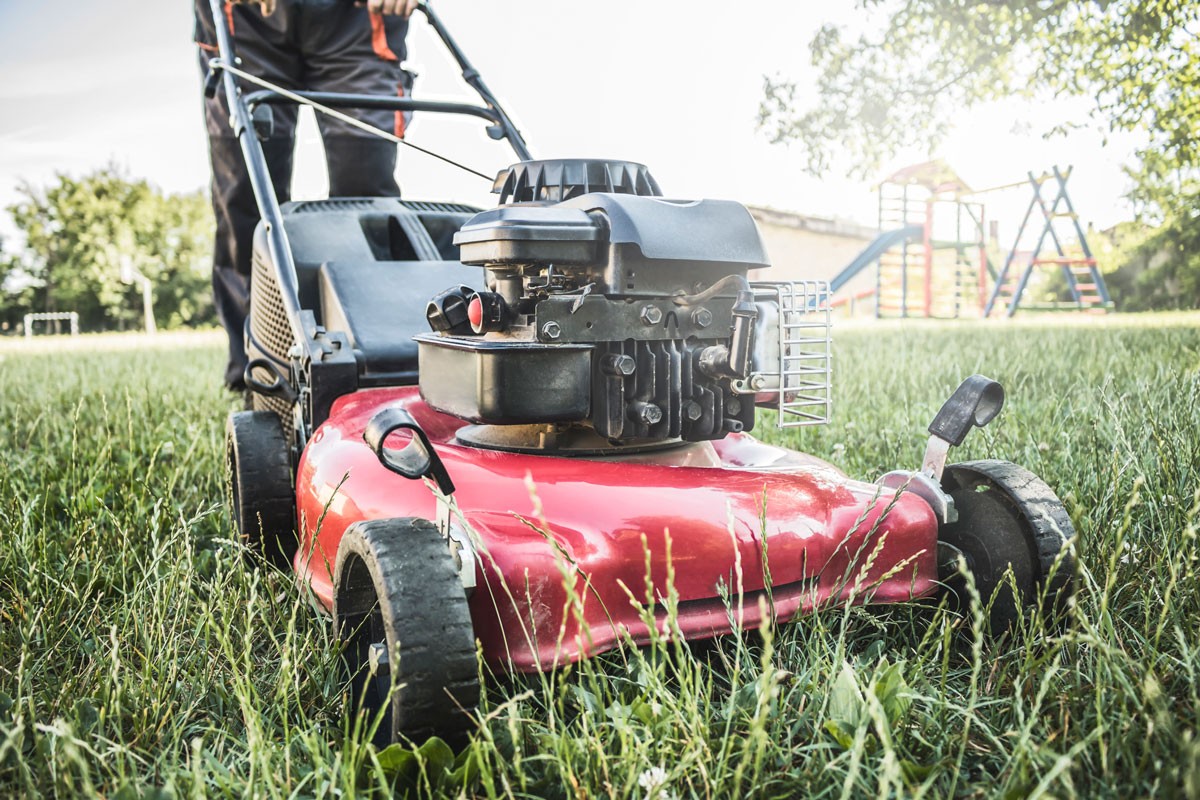
Does E-85 increase the amount of horsepower?
If your vehicle's engine can be fueled from E-85, you might be surprised to know that it will greatly increase the amount of horsepower.
This is due to two reasons. The first is the higher octane rating of the fuel. The second is because E-85 has a greater cooling effect than the other options at the pump.
E-85 fuel is rated at 105. When you use this fuel (and adjust the compression ratio, fuel-air mixture, and spark plugs), you can see the horsepower increase by as much as 100.
The cooling factor of this fuel means that the rate of its detonation inside the engine is lowered. This gives the compression more power overall, without leading to engine knocks.
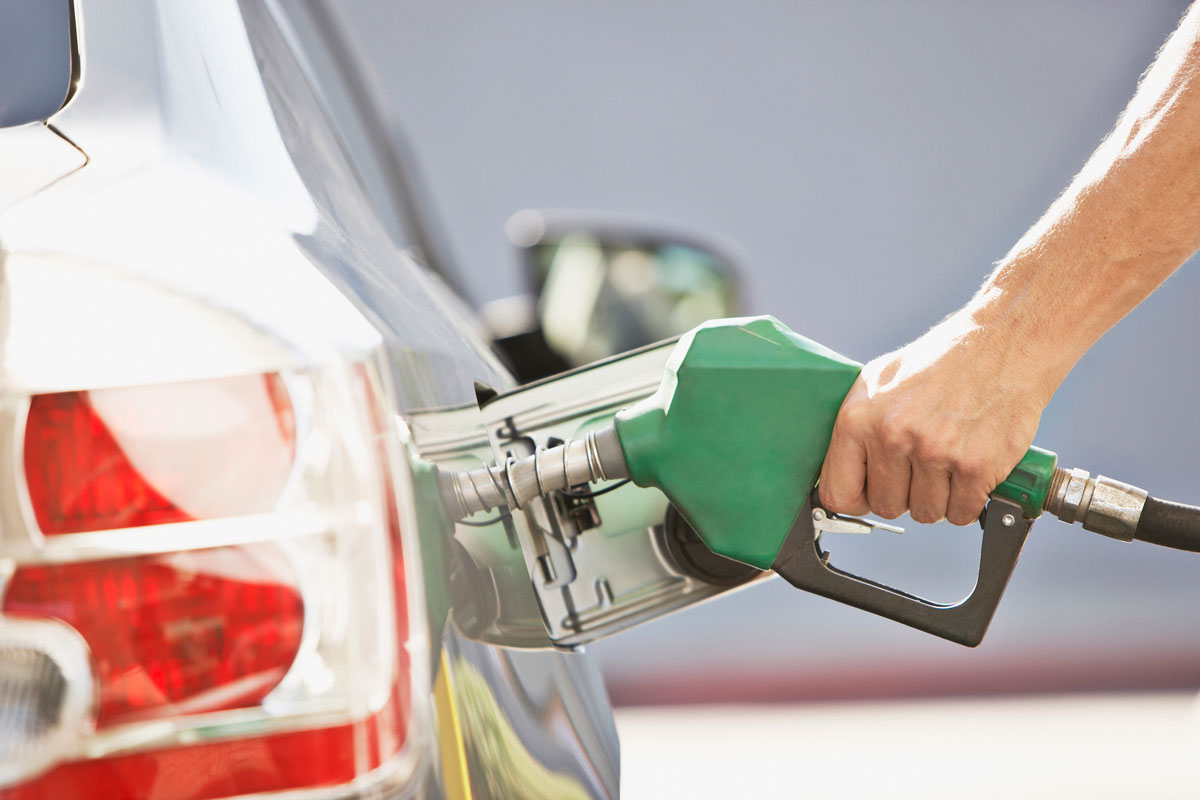
Does ethanol clog fuel injectors?
We know that ethanol is less expensive, better for the environment, and easier to produce. But there are some drawbacks to this fuel type. One of them is the damage it can do over time to certain components of your fuel system.
Recall that ethanol will absorb water at a rate that is up to 50 times more than standard gasoline. The more water that ethanol absorbs, the more something causes phase separation to happen. Phase separation is when the water content is so high that the gasoline and the ethanol physically separate in the tank.
When the fuel is then forced through the line and into the engine, the fuel injectors will be exposed to this now corrosive fuel. Over time, this will damage the injectors with harmful clogs as well.
If you routinely use ethanol in your vehicle, consider using a fuel injector cleaner regularly. This will keep the fuel system free of water, and your injectors running like new.
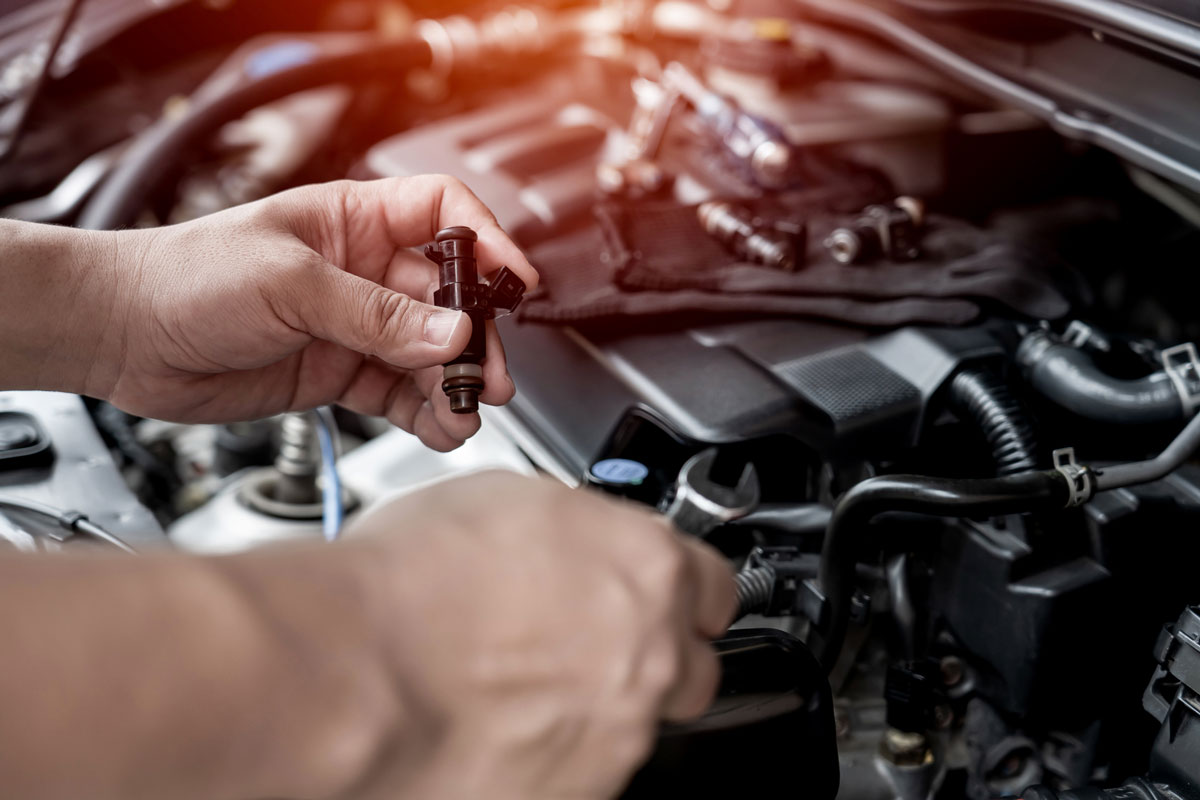
Does using premium fuel make my car run better?
You see fuel with a different octane rating at the pump each time you refuel your vehicle. If your car or truck is normally filled with a lower octane fuel (a rating of 87 through 90), you might be wondering if using a higher octane fuel of 91 or higher will increase your engine's performance. It's best to keep using the fuel you have been and ignore the premium pump handle.
High octane fuel is meant for high-performance engines. The more octane, the higher the compression ratio. This will make a high-performance engine hum, giving it the boost it needs to be consistent with the specs you were promised.
Using any fuel type BUT high octane will decrease performance and lead to harmful engine knocking.
But in vehicles without a high-performance engine, this fuel type will do nothing extra for you. Before you ever fuel your vehicle, see what fuel type the engine was manufactured for, and stick with that every time you're at the pump. It will save you good money.
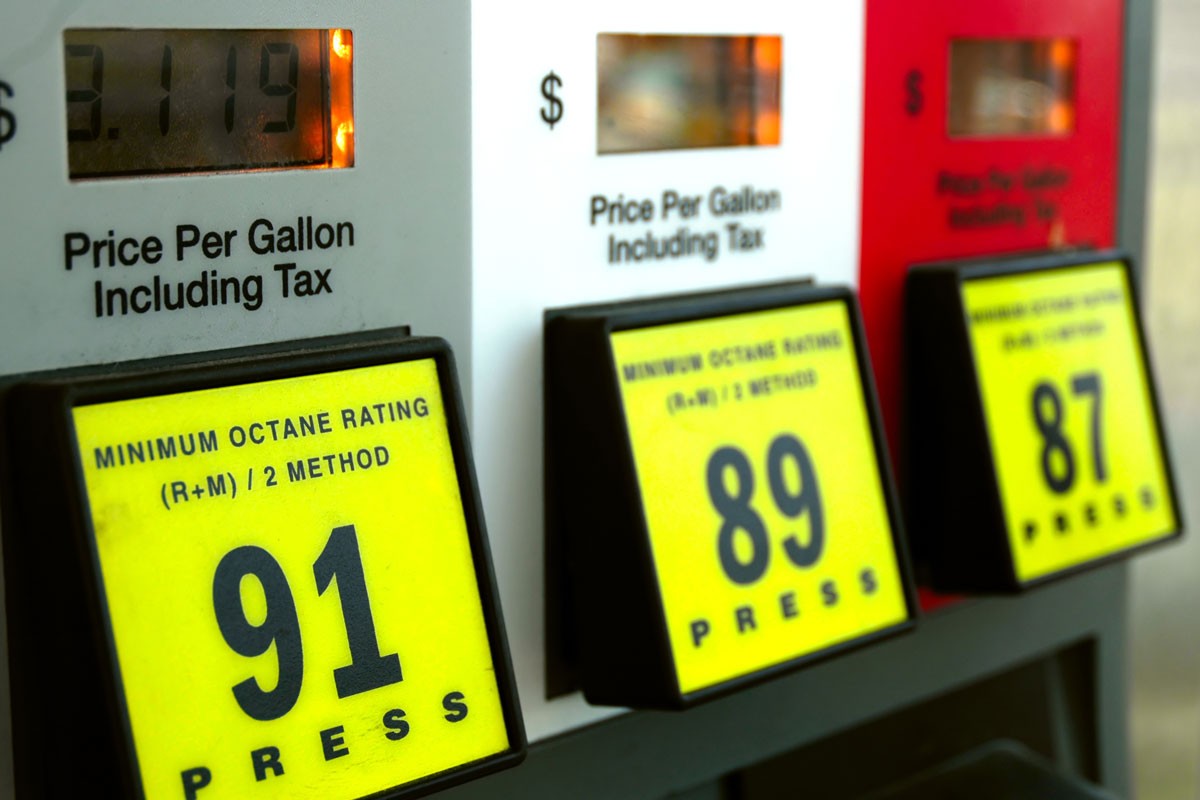
Final thoughts
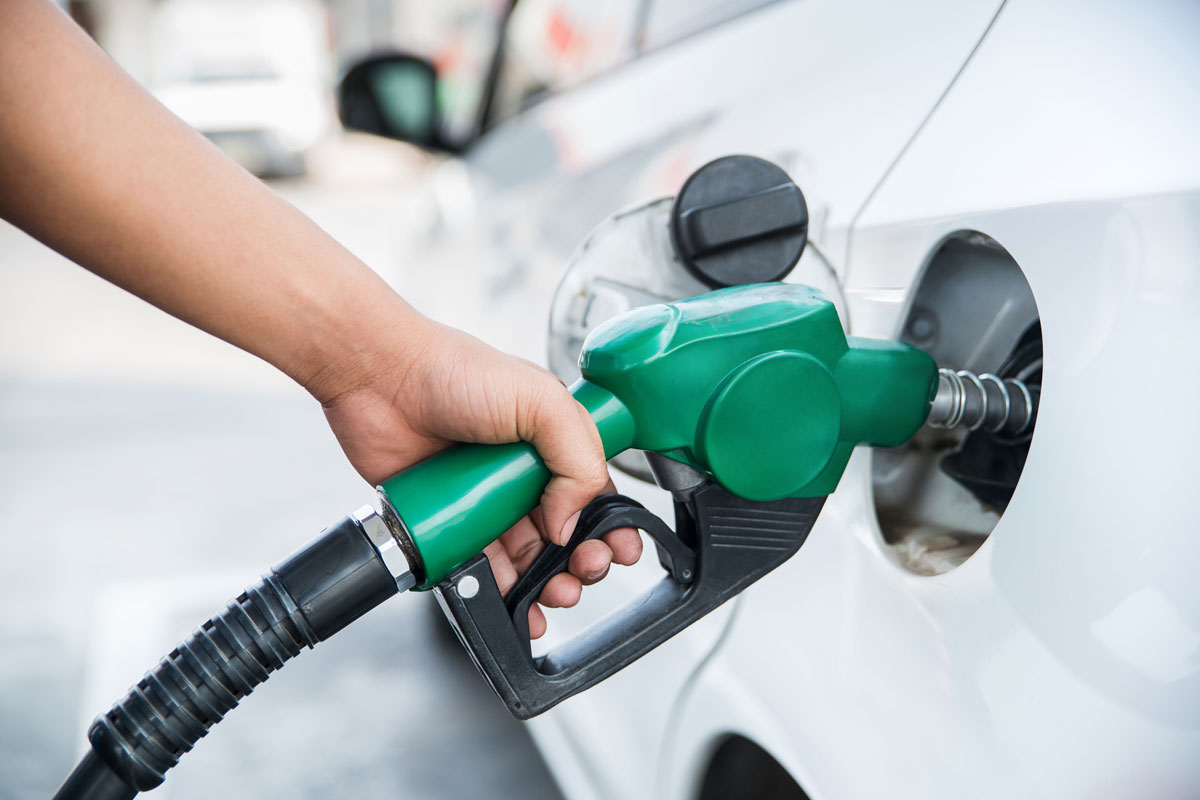
Ethanol and standard gasoline can be safely mixed in the fuel tank of your vehicle, but do not do this in any small engine. Ethanol has a great number of benefits, including lower costs and fewer emissions into the atmosphere. But there are drawbacks as well, including lower shelf-life and potential corrosiveness inside of your vehicle's fuel systems. Drive safe!
We hope this post on fuel answered all of your questions. For additional helpful information, we suggest reading the following automotive posts:
3 Best Additives To Remove Water From Gas Tank
What Happens If You Put Diesel In Your Gasoline Car?
Why Is Coolant Reservoir Boiling But Engine Not Overheating?
